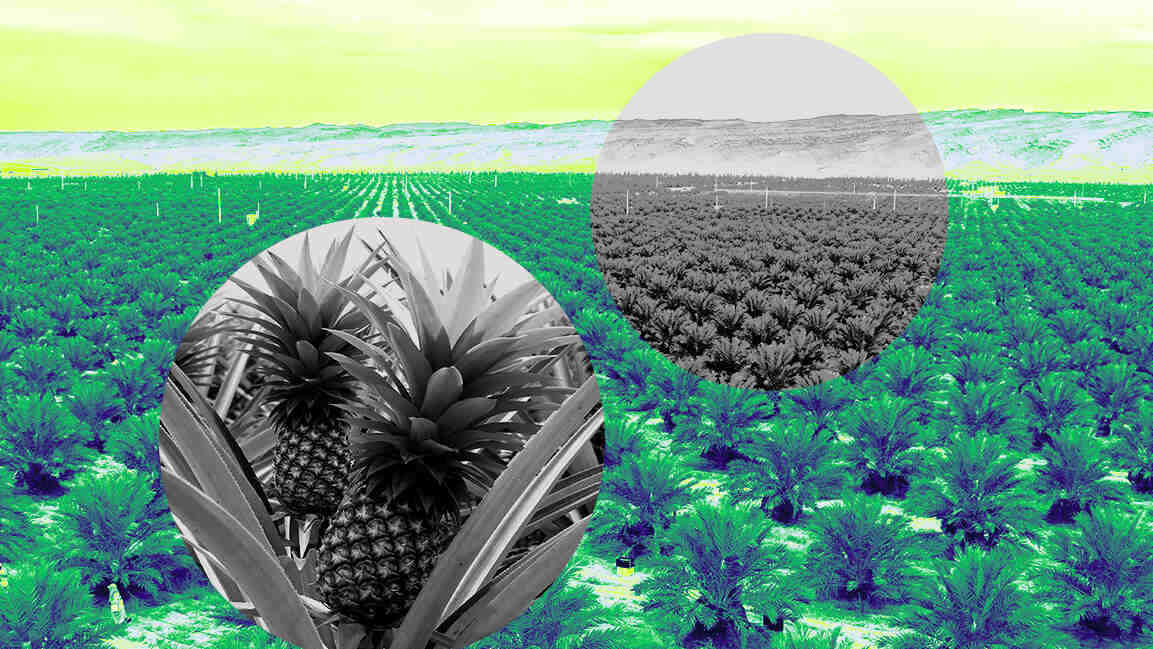- | 11:00 am
Can Oman’s plantation drive strengthen national food security?
Over 120,000 date and fruit seedlings approved as part of long-term agricultural strategy

Oman’s Ministry of Agriculture, Fisheries, and Water Resources has approved planting more than 21,000 date palm seedlings and over 100,000 fruit seedlings across hundreds of acres over the past two agricultural seasons, as part of ongoing efforts to improve food security and support sustainable farming practices.
According to the ministry, date palm seedlings will be planted on over 200 acres. In contrast, fruit seedlings, covering varieties such as mango, fig, quince, lemon, and more, will occupy more than 700 acres. These seedlings have been distributed to eligible farmers across different governorates of the Sultanate.
The initiative is part of a broader programme to establish “model fields,” which focus on sustainable agriculture, boosting productivity, and introducing improved plant varieties through modern farming technologies. Officials say the programme is designed to align with Oman Vision 2040 by increasing self-sufficiency in key crops and enhancing farmers’ incomes.
Engineer Yahya bin Hamdan Al Saadi, Head of the Horticultural Crops Department at the ministry, said the project involves close cooperation with farmers, including field visits, technical support, and workshops. The ministry is also working with the Development Bank to provide financing and incentives for agricultural projects, particularly those linked to model fields.
The initiative is further supported by the Agricultural and Fisheries Development Fund and private sector partners. It includes advertising opportunities for agricultural land through the Tatweer platform, coordinated with the Ministry of Housing and Urban Planning.
Al Saadi noted that the Tissue Culture Research Center in Jamah, affiliated with the Oman Agriculture Development Company, produces tissue culture palm seedlings, while fruit seedlings are developed by agricultural research teams within the ministry.
Ministerial Resolution No. 228/2024 provides the legal framework for the programme, setting symbolic prices to support participating farmers. The goal is to improve local food production and equip farmers with the knowledge and skills needed to maintain productive and commercially viable farms.
Among the palm varieties being promoted are Fardh, Khalas, Bonarnja, Barni Majhool, and Fuhol. Fruit tree varieties include Omani lemons, Adalia lemons, mangoes, figs, Mustafel, and quince.
The ministry said the model fields are expected to supply the market with high-quality local produce while offering farmers a reliable source of income and strengthening national food security in the long term.































